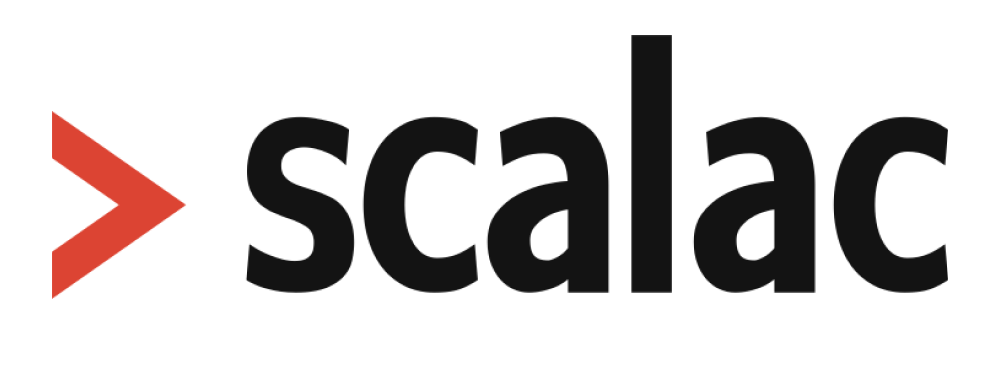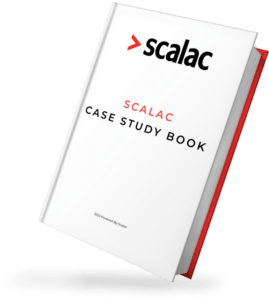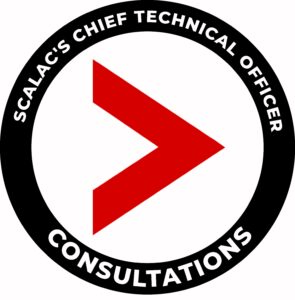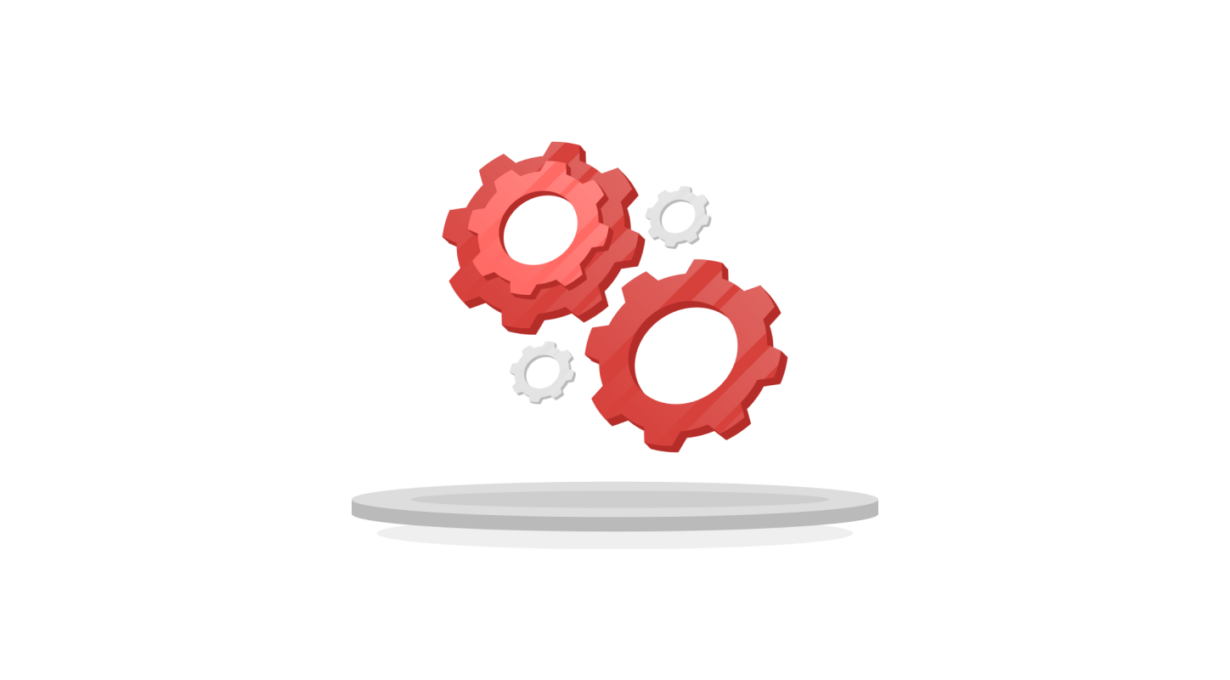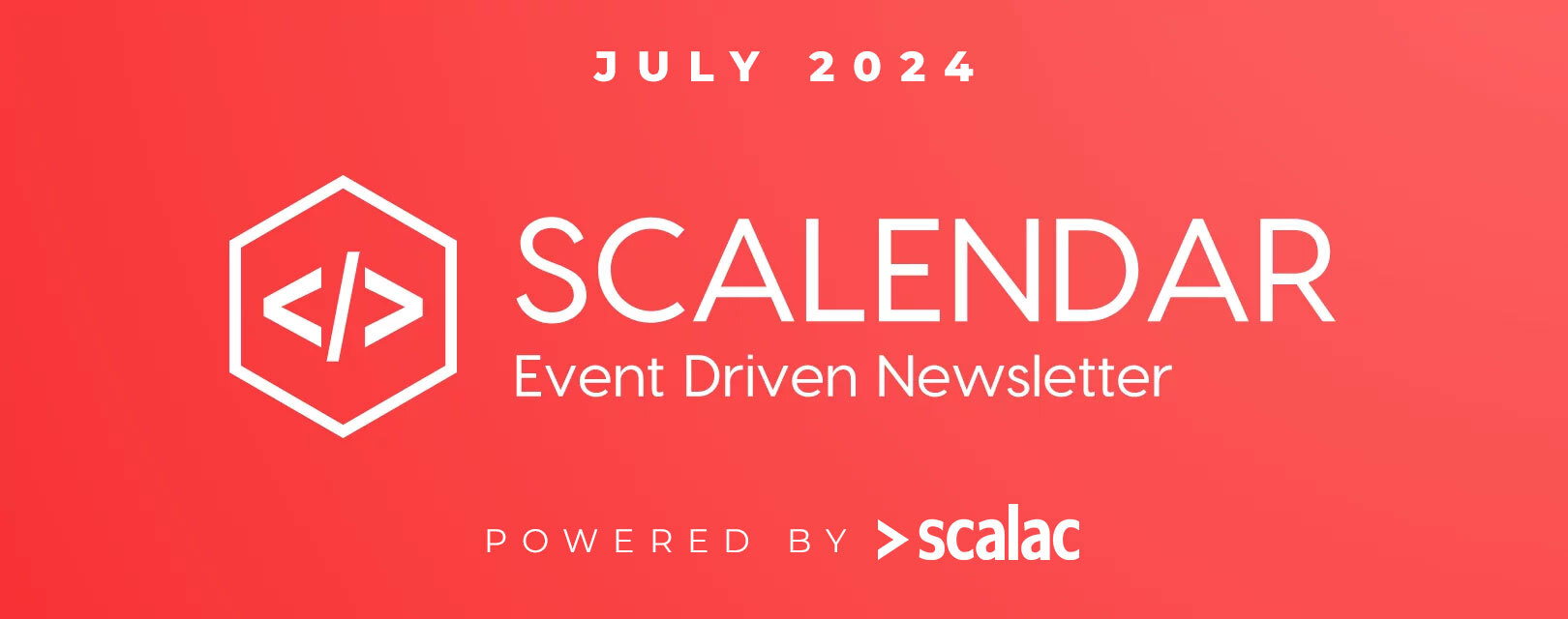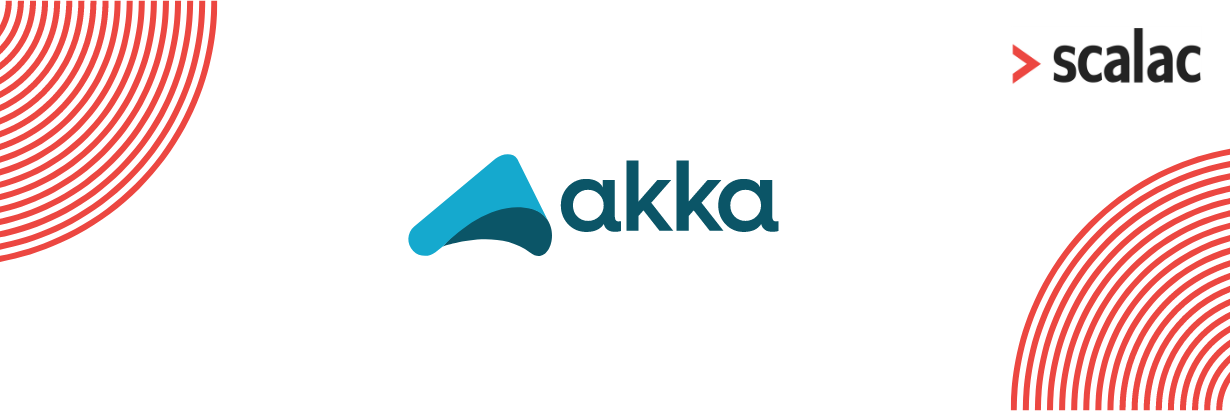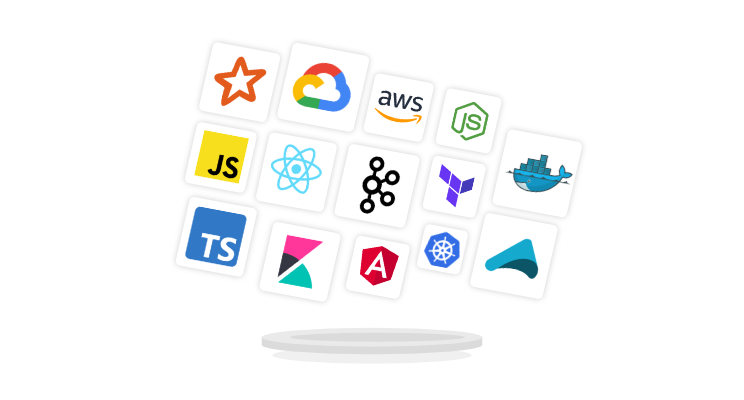
Inventory App Part 0. Foundations

Scala end to end
In Scalac we believe that Scala is a great general-purpose language, that helps you to build high-quality software quickly. And although Scala shines in the backend, its use is not limited to server-side programming. With these blog posts, we would also like to convince all of you that it’s possible to build a full stack application using only Scala.
This, and the following blog posts from the series, are an experiment proving that the Scala ecosystem is mature enough to be the main driving force for building production-ready apps. Although I would not recommend using Scala only for its hype, I want to show that it’s a viable alternative for freelancers, startups, and enterprises looking for a full-stack technology.
Application
The application that we are going to build is a simple inventory manager. It will keep some information about items and where they are located. It’s not much, but we will improve and grow the application while we introduce new libraries and approaches to the mix.
Application layers:
- database layer – Software Transactional Memory approach with Activate Framework
- API layer – brand new Akka HTTP in action
- web client – done with Scala.js
- mobile app – Android application created with Scaloid
You can track the progress on Inventory App
Summary
I hope this short post will get you interested in the series I’m preparing for you. The first “real” part is coming soon and next will be published every 1-2 weeks.
Links
Do you like this post? Want to stay updated? Follow us on Twitter or subscribe to our Feed.
See also
